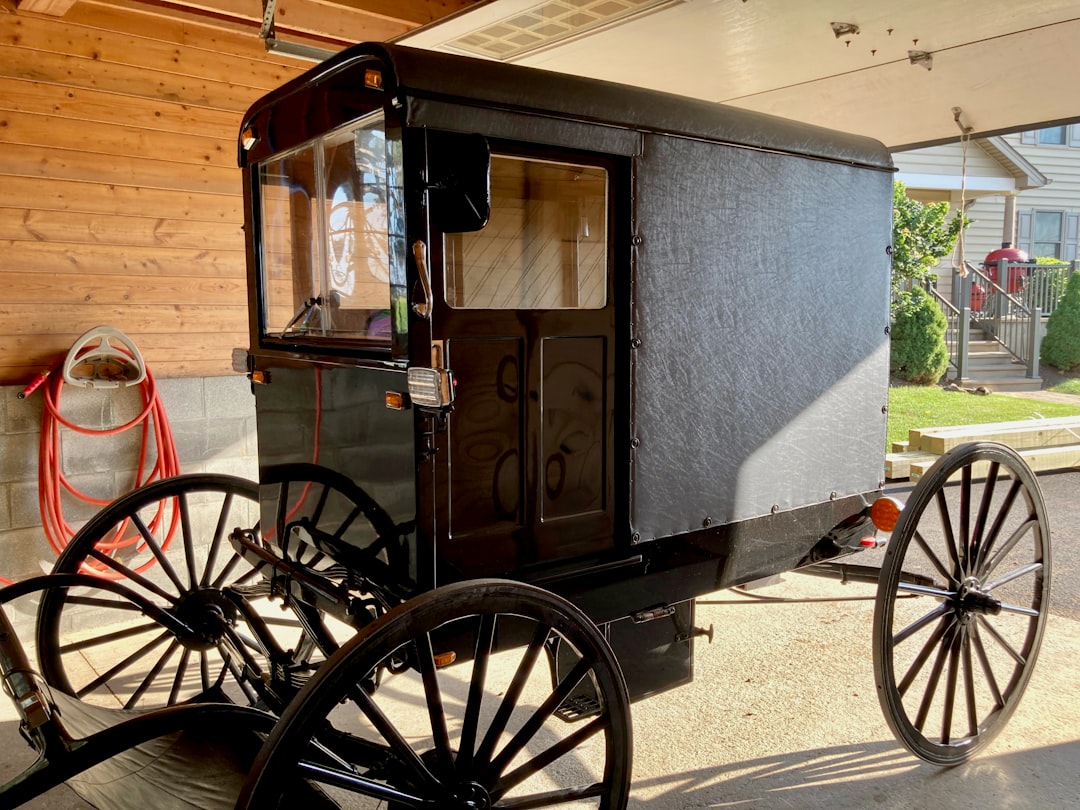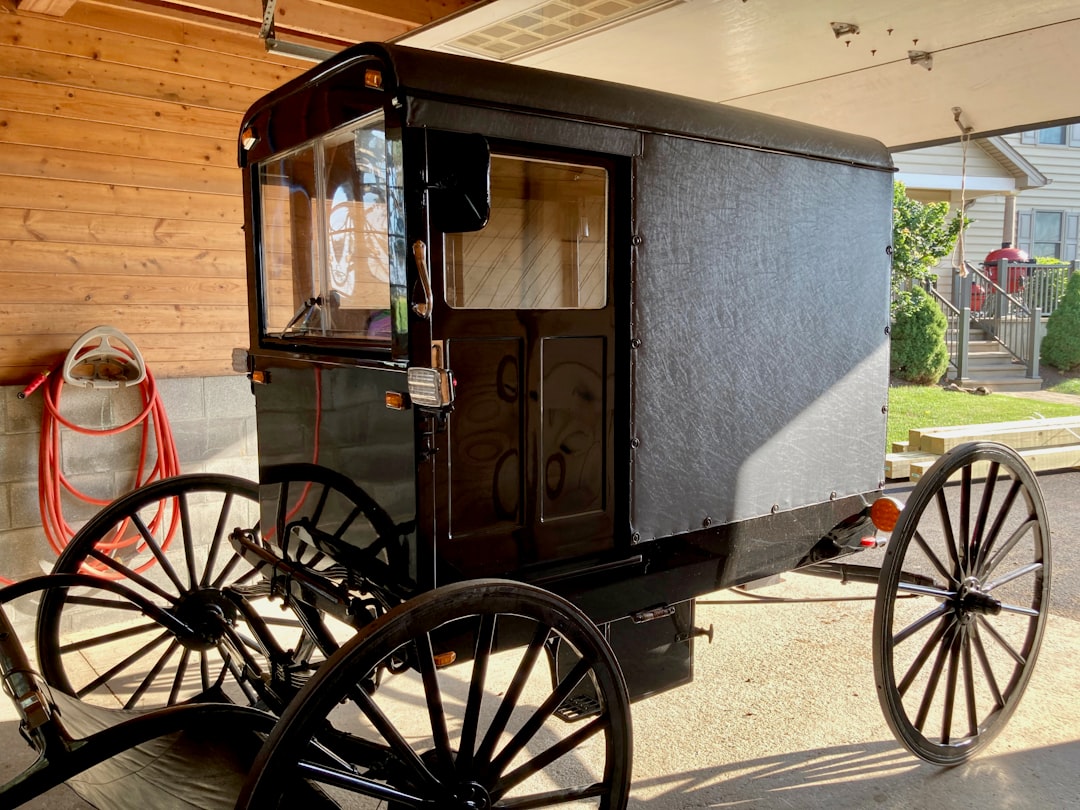Lancaster, Pennsylvania communities face persistent spam calls disrupting faith groups. Individuals are encouraged to sign up for do-not-call lists, use call-blocking apps, and learn about scams. Collaborative efforts involve religious groups, telecom providers, and law enforcement to raise awareness and explore tech solutions, aiming to reduce spam across the state and protect spiritual environments.
In today’s digital age, Lancaster residents, particularly those within the vibrant local faith community, face a persistent challenge: spam calls. This article delves into the impact of unwanted telephone marketing on these communities, exploring how it disrupts communication and engagement. We examine legal avenues for protection and present effective strategies to stop spam calls in Pennsylvania, empowering folks with tools to safeguard their peace and quiet. By understanding the problem and implementing robust solutions, Lancaster’s faith groups can thrive without intrusive phone marketing.
Understanding the Spam Call Problem in Lancaster

The proliferation of spam calls has become a growing concern for local faith communities in Lancaster, Pennsylvania. These unwanted and often harassing phone calls disrupt daily operations, hinder effective communication, and can even pose security risks. The sheer volume of automated messages from telemarketers, scammers, and debt collectors leaves parishioners and community leaders feeling overwhelmed and vulnerable.
Addressing the spam call problem requires a multi-faceted approach. Individuals within the Lancaster community can take proactive steps to mitigate these calls by implementing simple yet effective strategies, such as registering their numbers on do-not-call lists, utilizing call-blocking apps, and educating themselves about common scams. Additionally, local faith groups are collaborating with regional telecommunications providers and law enforcement agencies to raise awareness, share best practices, and explore technological solutions that can help curb the influx of spam calls once and for all.
The Impact on Faith Communities and Their Members

Spam calls have become a ubiquitous and annoying problem, especially for local faith communities in Lancaster. These unwanted phone inquiries, often promoting dubious services or products, can disrupt the peaceful environment during meetings, prayers, or discussions. Members of these communities, who are typically focused on spiritual growth and community building, may feel disturbed by the constant interruptions, leading to a potential decline in their sense of belonging and engagement.
Moreover, spam calls can create a barrier to open communication and trust within faith groups. Many members might become hesitant to share personal details or engage in meaningful conversations out of fear of further unsolicited contacts. In a region like Pennsylvania, where community involvement is vital to the social fabric, this could significantly impact the ability of faith communities to foster strong relationships and support networks among their members. To combat this issue, learning how to stop spam calls Pennsylvania is essential for maintaining the peace and focus that these spiritual gatherings aim to provide.
Legal Actions and Protection Measures Available

In response to the persistent issue of spam calls, several legal actions and protection measures are available to local faith communities in Lancaster, Pennsylvania. The Telephone Consumer Protection Act (TCPA) is a federal law designed to curb nuisance calls, providing individuals with the right to sue for damages caused by unsolicited phone marketing calls. This legislation empowers residents to file complaints against call centers responsible for spam calls, potentially resulting in substantial monetary penalties.
Additionally, the Pennsylvania Attorney General’s Office offers guidance and resources to help citizens combat spam calls effectively. They encourage the use of registered phone numbers, which can block automated dialing systems from contacting individuals. Many anti-spam applications and services are also available, offering call blocking and filtering options tailored for home and business use. By implementing these measures, faith communities can significantly reduce their exposure to unwanted spam calls, ensuring a safer and more peaceful environment for members and volunteers alike.
Effective Strategies to Stop and Prevent Spam Calls in PA

In Pennsylvania, spam calls have become a persistent issue, affecting local faith communities and individuals alike. To combat this problem effectively, several strategies can be implemented. First, registering on the state’s Do Not Call Registry is crucial; this official list ensures that telemarketers cannot call residents who have opted out of such communications. Second, using call-blocking apps or hardware filters specifically designed to identify and block spam calls can significantly reduce unwanted interruptions.
Additionally, educating community members about recognizing spam calls and the risks associated with answering unknown numbers is essential. Encouraging church leaders and volunteers to share information on safe communication practices and spreading awareness through newsletters or community meetings can foster a more informed environment. Regularly updating privacy settings on phones and social media platforms also plays a vital role in minimizing exposure to spam calls, ensuring that personal contact information remains secure and private.






